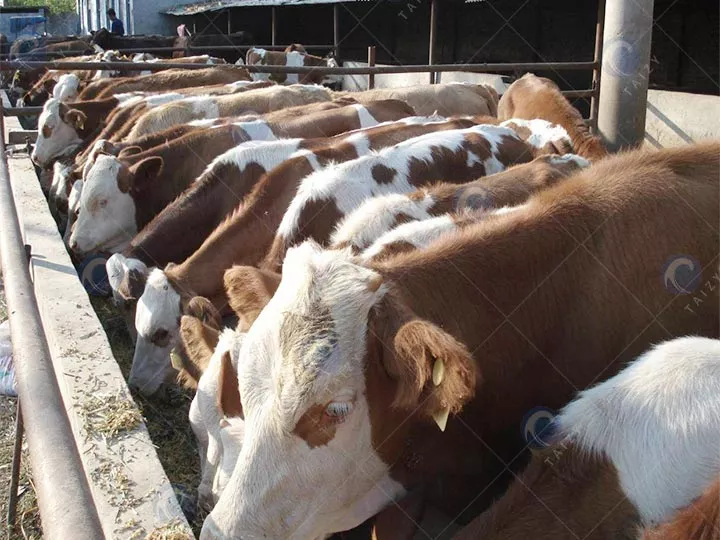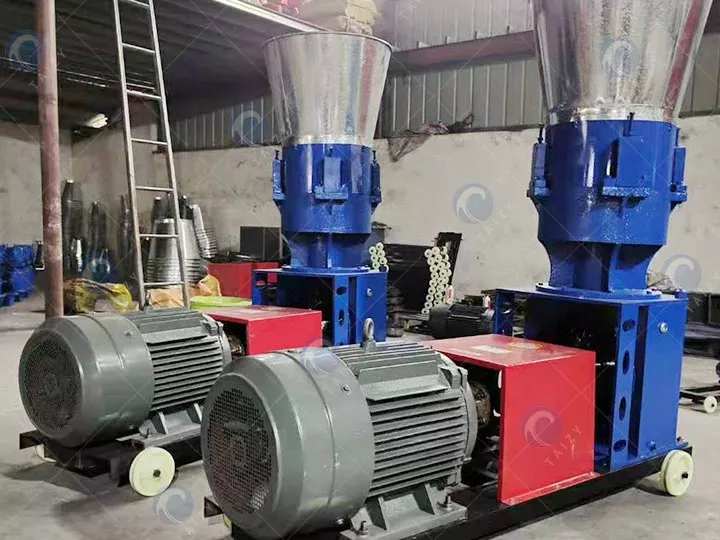Animal feed pellet making machines are favored by many users in the livestock and aquaculture industries. Making high-quality feed for feeding is vital to the health and growth of animals. And many people choose to use animal feed pellet making machines most importantly because of the benefits to their livestock.
First-Facilitates digestion and absorption of livestock
The animal feed pellet making machine makes the starch in the mixed paste during the process of pressing the pellet feed. This gives the pressed pellet feed a certain fragrance and increases the palatability of the pellet feed. This can stimulate the appetite of livestock so that livestock like food and love to eat. According to the measurement, feeding pellet feed livestock can increase the intake by 10%-15%.
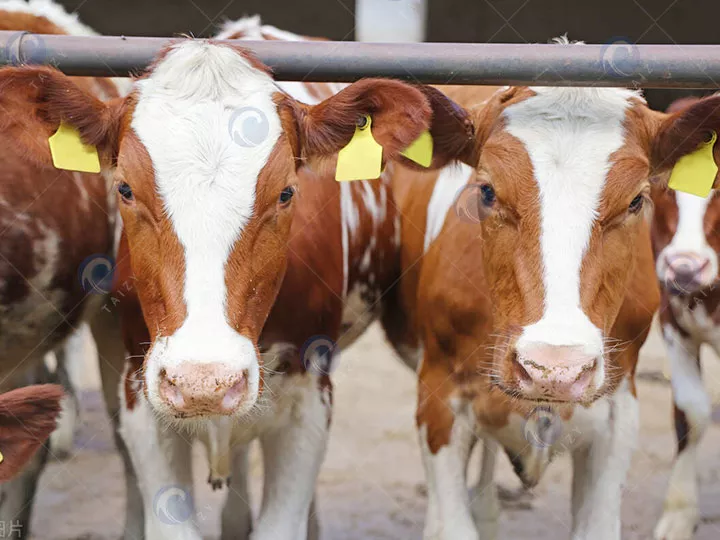
Second-Prevent livestock from nutritional imbalance
In the daily feeding of livestock, breeders often pick for livestock to eat mixed meals in the concentrated feed and worry. The pellet feed made by an animal feed pellet making machine can make all kinds of feed materials fully mixed and pressed into shape so that livestock can’t be picky, which can make livestock nutrition balanced, and also save feed for farmers and reduce breeding costs.
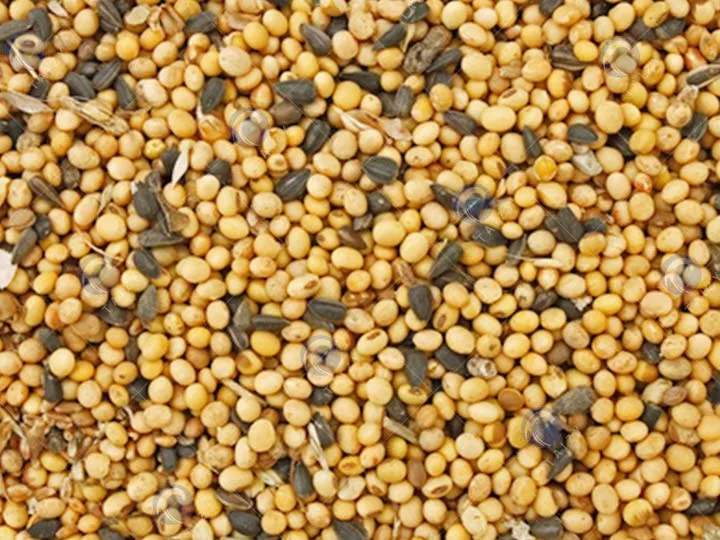
Third-Improve the digestibility of feed
Livestock eat pellet feed chewing time longer, which can promote the mouth secretion of amylase, so livestock eats to mouth the feed and saliva fully mixed, stimulating the peristalsis of the intestines. This can greatly improve the digestibility of the nutrients in the feed. In addition, the granular feed in the pressing process, after a short period of high temperature, and high pressure, the starch paste in the feed, and protein organization, have improved the digestibility of the feed.
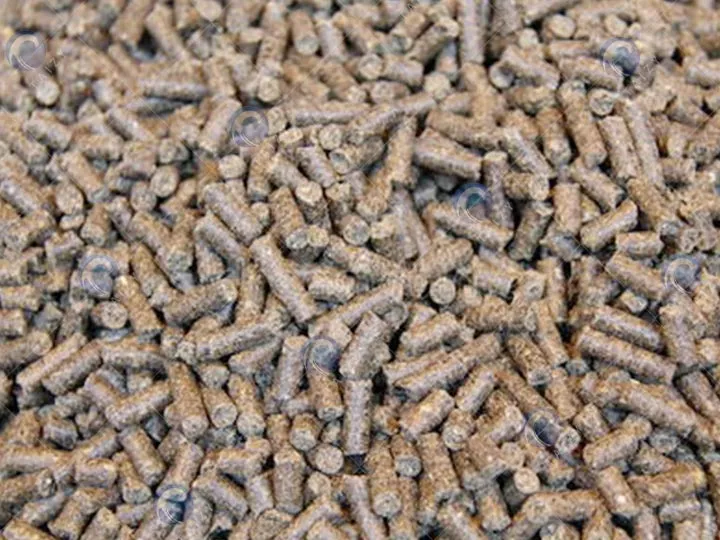
Fourth-Reduce livestock disease
Pellet feed in the animal feed pellet maker pressing process, after a short period of high temperature of up to 70 ℃ -100 ℃, can kill part of the parasitic eggs and pathogenic microorganisms. The practice has proved that diarrheal disease, stomatitis, and xenophobia of livestock-fed pellet feed are significantly reduced.
